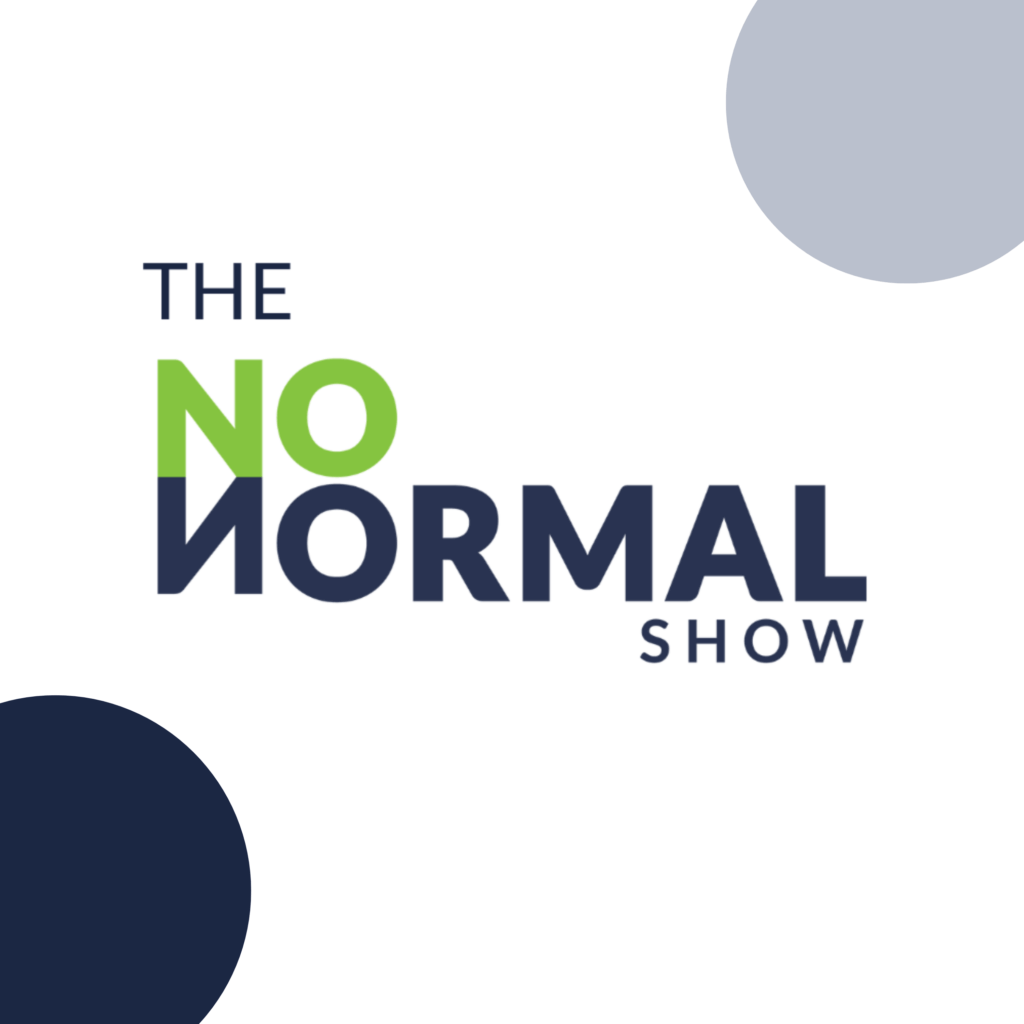The Death of Brand? Not So Fast.
Brand is dead. At least, that’s the headline author and podcast host, Scott Galloway dropped at Cannes. Cue the frenzy, cue the LinkedIn debates, and cue The No Normal Show crew jumping headfirst into this very big marketing hot take.Brand still drives perception, loyalty, and market value. And in healthcare? It’s the thing that keeps your organization relevant. But let’s get one thing straight: brand isn’t dead. It’s evolving. And in healthcare, it may be more important than ever.
Giving Aging the Finger: Oura Ring Gets Bold
Oura Ring’s latest campaign is a prime example of what it means to bridge the gap between health and relevancy and a masterclass in how to inject culture and meaning into your brand. By spotlighting older adults living boldly and giving the finger (literally and figuratively) to outdated views on aging, the brand did more than promote their wearable tech—it made a statement about vitality, independence, and identity. In a society obsessed with doing everything solo, Oura’s campaign also reminds us of the power of connection and community. Mirroring culture is great—but challenging it can be so much better.
Let’s Talk Scott Galloway’s Hot Take
Scott Galloway says brand is dead—but what he really seems to be talking about is advertising. His core argument is that consumers no longer need brand recognition to make decisions. With reviews, Reddit threads, and TikTok recommendations at their fingertips, people can find “the best” product in seconds. And he’s not all the way wrong about advertising, but here’s the problem: he’s conflating advertising with brand. And yes, there’s a big difference.
Brand isn’t a logo or a tagline. It’s not an ad buy or a billboard. Brand is the cumulative value people assign to your organization over time. It’s experience. It’s consistency. It’s how you show up, how you make people feel, and how you earn their trust—again and again. A great ad can create attention. But only brand creates allegiance. This is exactly why healthcare will never be immune to brand loyalty.
Patients don’t stick with providers because of flashy creative or Google reviews alone. They stay because of familiarity. Because their records are in one place. Because they’ve built trust with a provider who knows their story. In healthcare, loyalty is sticky—but it’s also fragile. Switching systems is painful—not only logistically, but emotionally.
That’s why the health brands that win won’t be the ones chasing the next performance trend. They’ll be the ones committed to long-term brand value—built on clear messaging, consistent experience, and cultural connection. Because when everything looks the same, brand is what makes you matter.
Visit our website to explore white papers that spotlight what’s next for healthcare marketing leaders—including our recent white paper, The Future of the CMO, available now at bpdhealthcare.com/insights/guides.
Read the transcript
